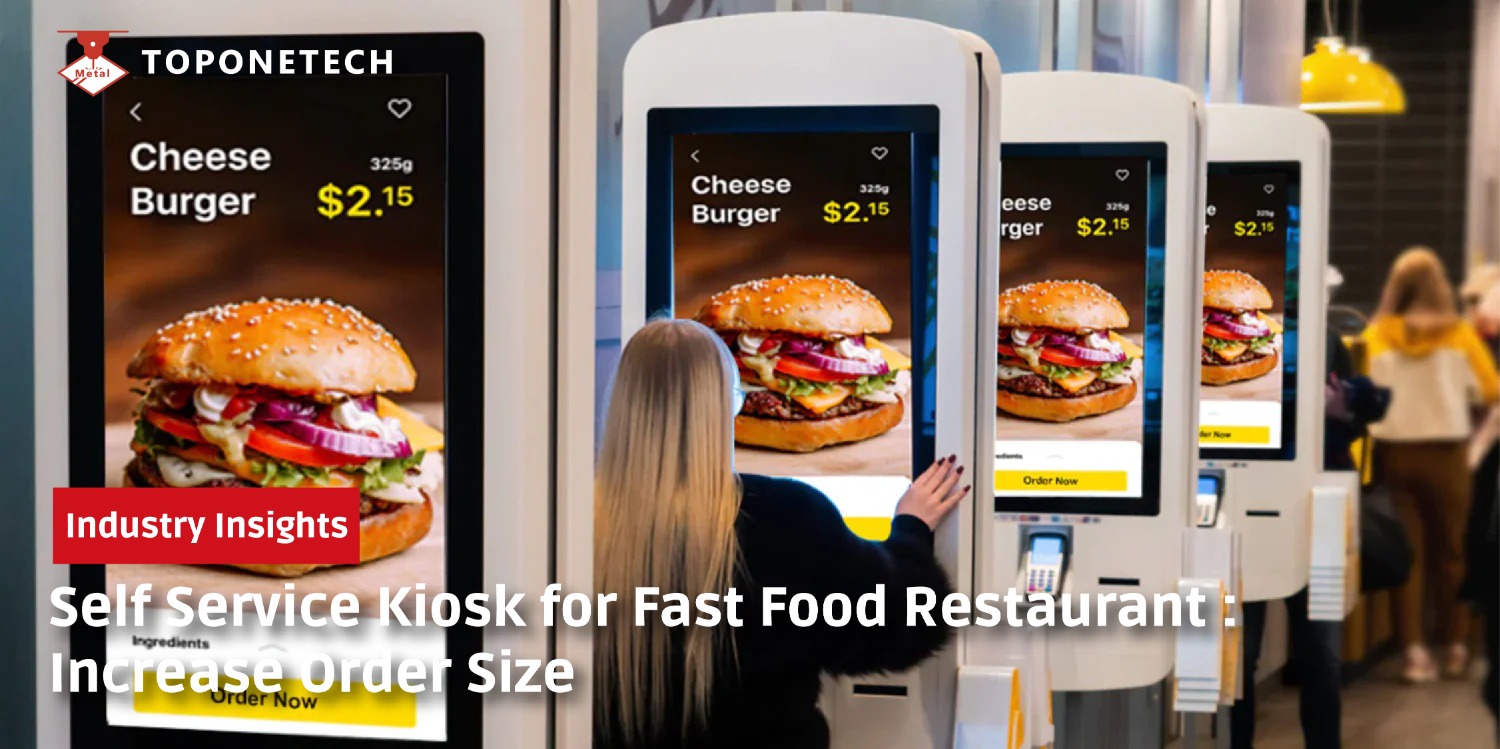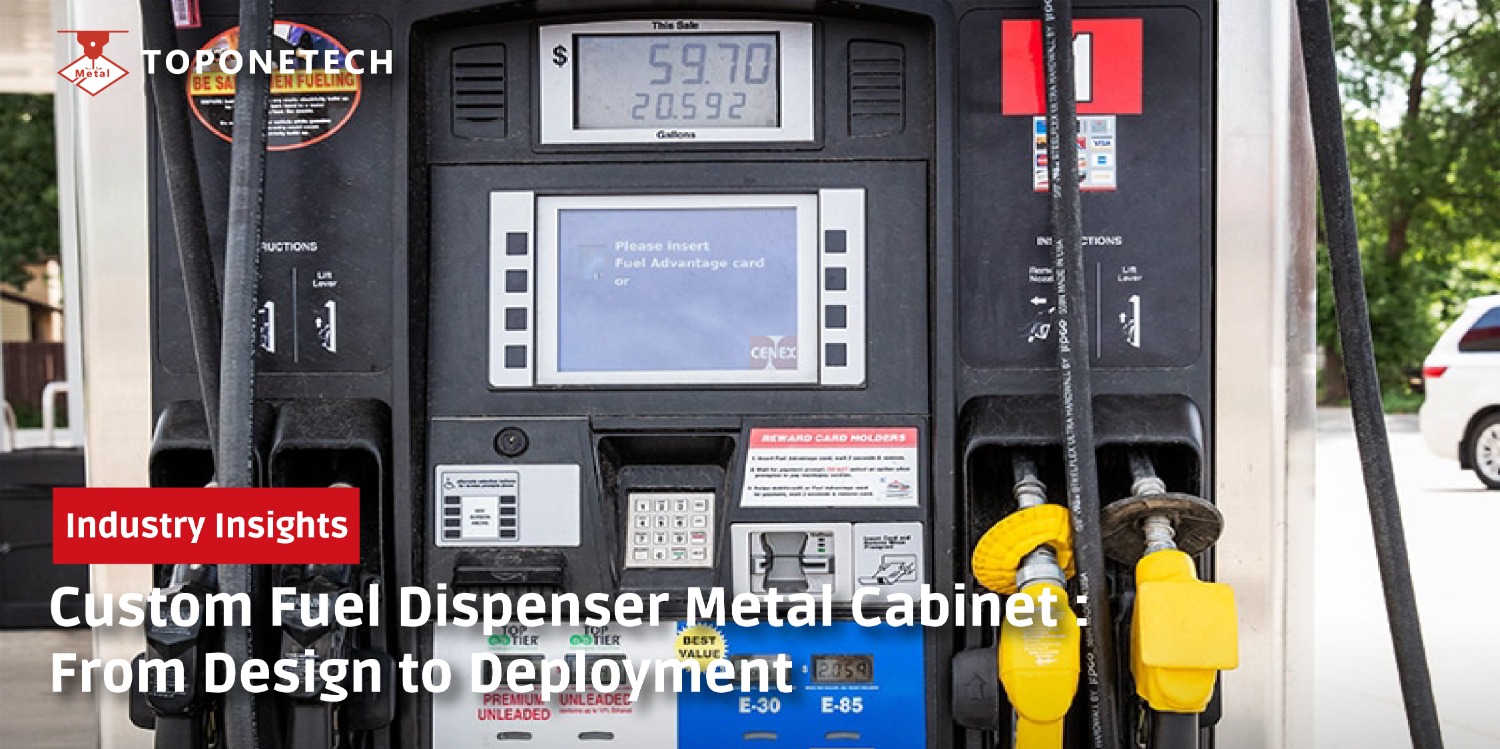
Choosing the Right Self-Service Kiosk: Which One is Best for You? – In today’s fast-paced, tech-driven world, self-service kiosks have become indispensable tools in various industries. From retail and hospitality to healthcare and transportation, these kiosks provide a seamless and efficient experience for customers while streamlining business operations. However, with so many types of kiosks available, choosing the right one can be overwhelming. This comprehensive guide will help you navigate the different types of self-service kiosks and determine which is best for your business needs.
Introduction to Self-Service Kiosks
Self-service kiosks are interactive terminals that allow users to perform various tasks without the need for direct human interaction. These kiosks can handle everything from checking in at airports and hotels to placing orders at fast-food restaurants. As businesses aim to improve customer satisfaction and operational efficiency, the adoption of self-service kiosks has skyrocketed.
The key to successfully integrating a self-service kiosk into your business is choosing the right one. Not all kiosks are created equal, and their functionality varies depending on the intended use. To make an informed decision, it’s essential to understand the different types of kiosks available and how they align with your business goals.
Benefits of Self-Service Kiosks
Before diving into the various types of self-service kiosks, let’s first explore the benefits that these systems offer:
1. Enhanced Customer Experience
Self-service kiosks empower customers to complete transactions quickly and efficiently, reducing waiting times and providing a more satisfying experience. This is particularly beneficial for businesses in high-traffic areas such as retail stores, airports, and fast-food chains.
2. Operational Efficiency
By automating routine tasks, self-service kiosks free up staff to focus on more complex or personalized services. This increases productivity and ensures that businesses can handle larger volumes of customers without compromising service quality.
3. Cost-Effective Solutions
While there is an upfront cost associated with purchasing and installing self-service kiosks, they typically result in long-term savings by reducing labor costs and minimizing errors. Businesses can operate with fewer employees while still delivering exceptional service.
4. Increased Revenue Opportunities
Self-service kiosks can encourage upselling and cross-selling by displaying relevant promotions and product recommendations during the transaction process. This creates new revenue streams and increases overall sales.
Types of Self-Service Kiosks
There are several types of self-service kiosks, each designed for specific industries and applications. Below, we explore the most common types of kiosks and their unique features.
Retail Kiosks
Retail kiosks are commonly found in malls, stores, and shopping centers. These kiosks allow customers to browse product catalogs, check item availability, and even place orders for out-of-stock items. Retail kiosks are especially useful for businesses with limited floor space or those looking to offer an expanded inventory without the need for additional staff.
Features:
- Product browsing and ordering
- Loyalty program sign-ups
- Integration with e-commerce platforms
- Upselling and cross-selling options
Ticketing Kiosks
Ticketing kiosks are widely used in transportation hubs, movie theaters, amusement parks, and event venues. These kiosks allow customers to purchase tickets quickly, without waiting in long lines. Some advanced ticketing kiosks also provide options for checking in or printing e-tickets, making them a vital tool in the travel and entertainment industries.
Features:
- Ticket purchasing and printing
- Integration with event management software
- Check-in capabilities for travel
- Payment processing
Information Kiosks
Information kiosks provide valuable information to customers, visitors, or patients in a variety of settings, such as airports, hospitals, museums, and malls. These kiosks are designed to answer frequently asked questions, offer directions, and provide general assistance.
Features:
- Interactive maps and directories
- Frequently asked questions (FAQs)
- Touchscreen interfaces for easy navigation
- Multilingual support
Healthcare Kiosks
Healthcare kiosks are revolutionizing the medical industry by allowing patients to check in for appointments, update personal information, and even perform basic health assessments. Moreover, these kiosks are often found in hospitals, clinics, and pharmacies, where they reduce the burden on healthcare staff and improve patient flow.
Features:
- Appointment check-ins
- Health assessments (blood pressure, weight, etc.)
- Patient information updates
- Payment processing for medical bills
Food Ordering Kiosks
Food ordering kiosks are commonly used in fast-food chains, cafes, and casual dining restaurants. Moreover, these kiosks allow customers to place their orders independently, reducing wait times and ensuring accuracy. Furthermore, by integrating these kiosks with kitchen management systems, restaurants can process orders more efficiently.
Features:
- Menu browsing and ordering
- Customization options for orders
- Integration with kitchen management systems
- Payment processing
Bill Payment Kiosks
Bill payment kiosks are found in utility companies, government offices, and retail locations where customers can pay their bills for services such as electricity, water, and phone. Moreover, these kiosks are equipped with payment processors that accept credit/debit cards and sometimes even cash.
Features:
- Secure payment processing
- Bill scanning and account lookup
- Receipts and payment confirmations
- Multi-currency support for international businesses
Factors to Consider When Choosing a Self-Service Kiosk
With so many options available, choosing the right self-service kiosk for your business requires careful consideration. Here are some key factors to keep in mind.
User Experience
The primary goal of a self-service kiosk is to provide a seamless user experience. Moreover, consider how intuitive and easy-to-use the kiosk is for your customers. Furthermore, a user-friendly interface, fast response time, and clear instructions are essential for encouraging usage.
Location
Where you plan to install your kiosk plays a significant role in the type of kiosk you need. For example, outdoor kiosks should be durable and weather-resistant, while indoor kiosks can focus more on aesthetics. Moreover, understanding the environment will help you choose a kiosk that can withstand the wear and tear of its surroundings.
Security Features
Security is critical, especially for kiosks that process sensitive information or payments. Moreover, look for kiosks with secure encryption, firewalls, and anti-virus protections to safeguard customer data. Furthermore, for bill payment or ticketing kiosks, make sure the machine is PCI-compliant.
Customization Options
Every business is unique, and your self-service kiosk should reflect your brand. Moreover, many kiosk providers offer customizable designs, allowing you to incorporate your logo, colors, and specific features into the machine.
Software Compatibility
Ensure that the kiosk you choose can integrate with your existing systems, whether it’s your inventory management software, point-of-sale system, or customer relationship management (CRM) platform. Moreover, compatibility ensures smooth operations and prevents technical issues down the road.
How Self-Service Kiosks Are Revolutionizing Businesses
The adoption of self-service kiosks is transforming the way businesses operate. With a greater focus on customer autonomy, companies are able to reduce operational costs while increasing efficiency. Additionally, businesses are seeing a rise in customer satisfaction, as self-service kiosks provide convenience, speed, and personalized experiences.
Self-service kiosks are also helping businesses gather valuable data on customer preferences and behavior, enabling them to make data-driven decisions that enhance services and products. Whether you’re in retail, healthcare, or hospitality, self-service kiosks are a game-changing investment that can set your business apart from the competition.
Conclusion
Choosing the right self-service kiosk for your business can significantly impact customer experience and operational efficiency. By understanding the various types of kiosks available and considering factors such as user experience, location, and security, you can find the perfect solution that aligns with your business goals.
Finally, as self-service kiosks continue to evolve with new technologies and innovations, businesses that embrace these solutions are sure to thrive in an increasingly digital world.
Top One Tech can customize various types of Self-Service Kiosks specially designed for your application scenarios.
Contact us for further information :
Whatsapp/Call us at : +86 13631610695
Email : sales@toponetechmetal.com
See Also : Our Wide Range of Sheet Metal Products



